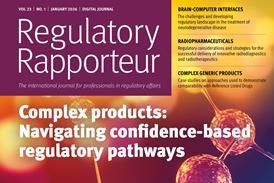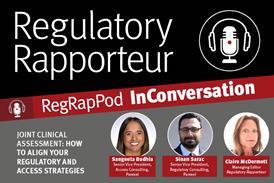The importance of patient advocacy in the EMA ODD process

Abstract
In the orphan drug designation (ODD) process, it is often patient advocacy groups that help turn anecdotes into actionable evidence. Without rigorous, patient-driven tools, ODD applications risk relying on clinical or epidemiological arguments alone, and miss the strongest advocates for why the drug matters.
In recent years, regulators such as the European Medicines Agency (EMA) have systematically expanded structured mechanisms for patient input (for example, piloting early-contact procedures with rare disease organisations in 2021-2022 before rolling them out more broadly in 2022-2023), to ensure patients’ real-world insights meaningfully inform both benefit-risk assessments and clinical trial (CT) design.
However, despite the EMA’s evolving engagement framework, it can still be challenging to arrive at a mutually agreeable conclusion between the patient group, the sponsor and regulatory authorities.
This article examines the critical role of patient advocacy groups in the ODD pathway and the challenge of ensuring patient voices are heard by the EMA, highlighting how sponsors must collaborate with patient organisations to define unmet needs, influence regulatory decisions and drive more patient-centred outcomes.
How to read this journal article
Thank you for visiting Regulatory Rapporteur. Journal articles are restricted to TOPRA members and registered users.
If you are a TOPRA member, or have already registered for limited free access, log in now (Option 1 below).
Not yet a member? You can either join TOPRA (Option 2 below) or register to view limited content for free (Option 3 below).



















